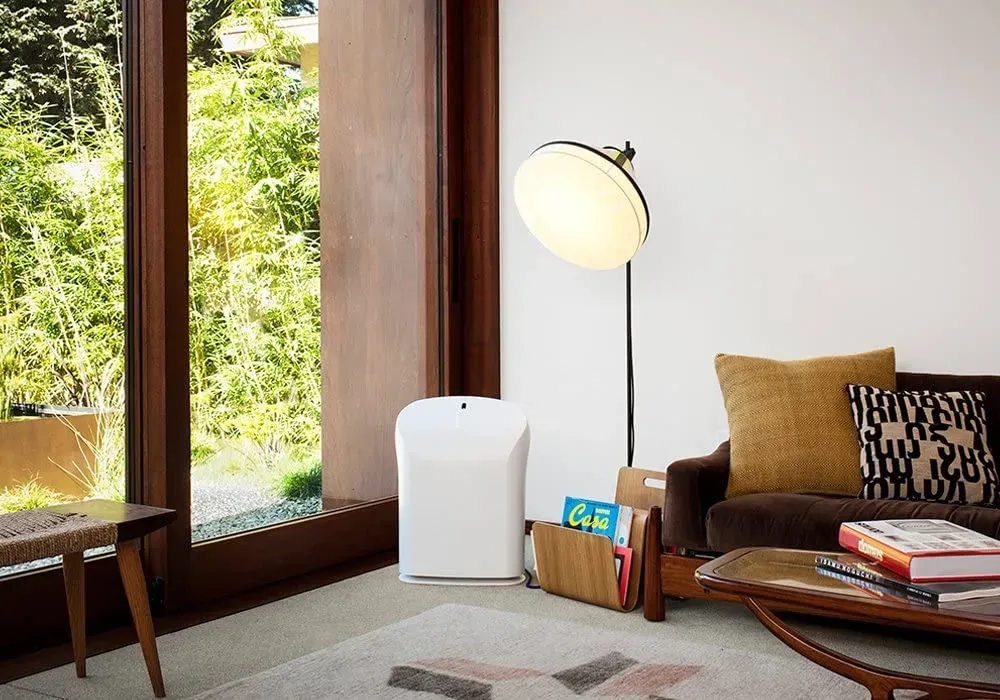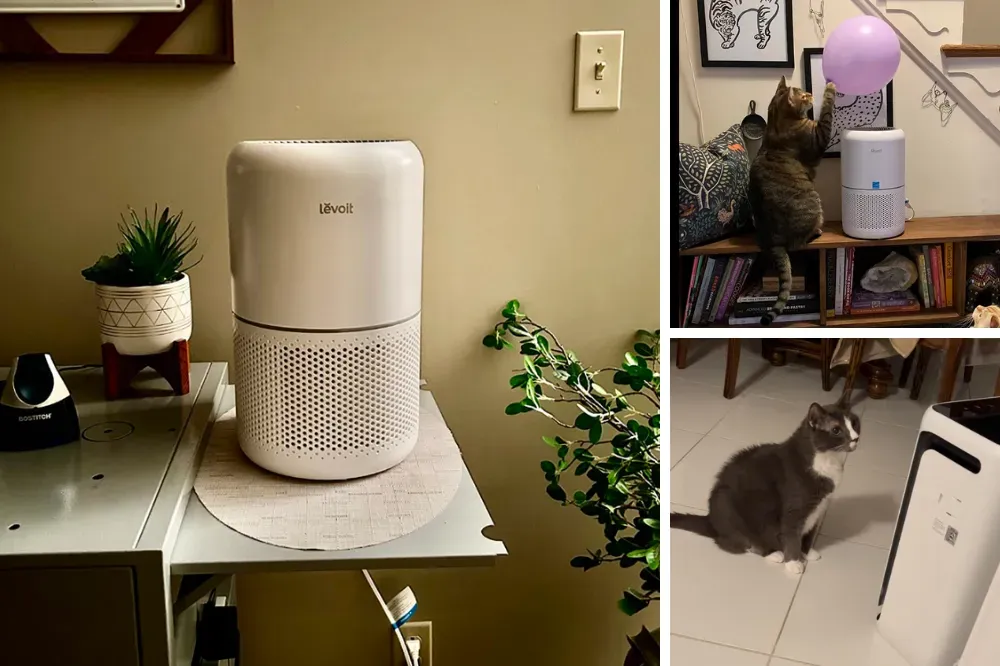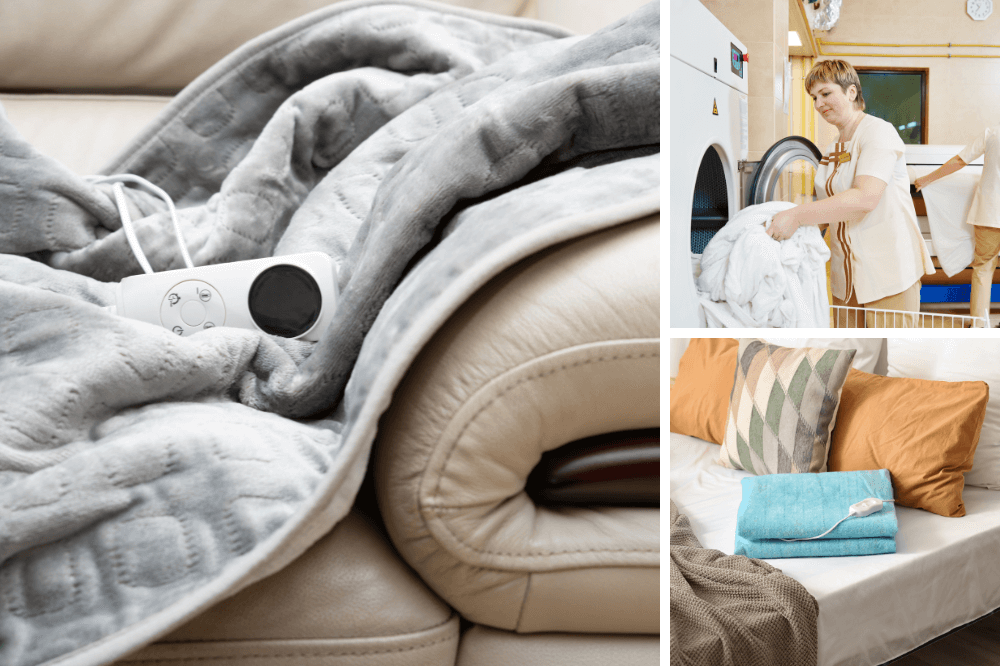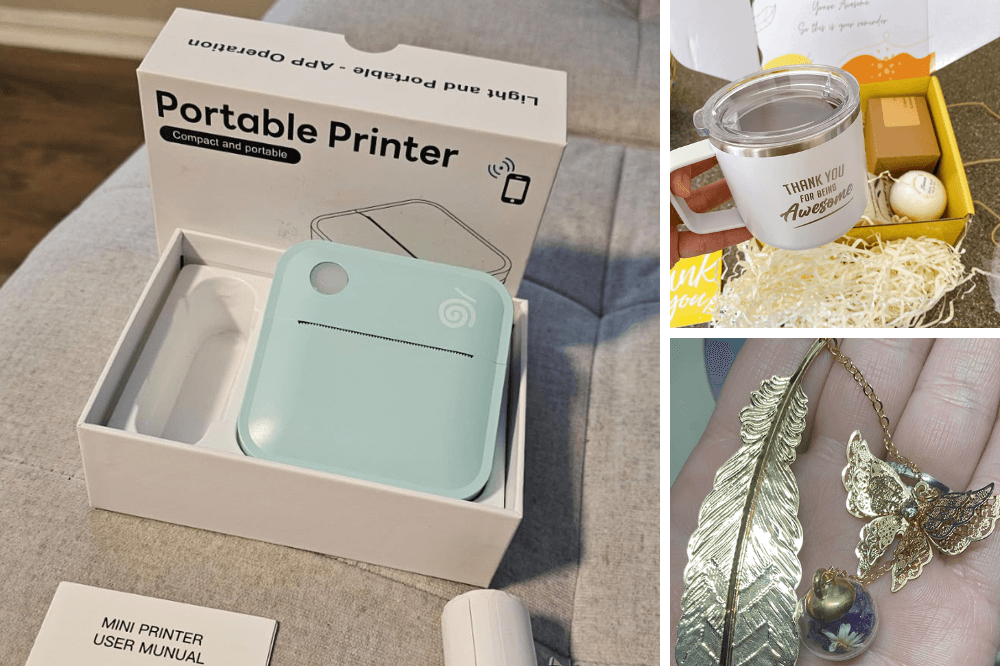Key Takeaways:
- Air purifiers with activated carbon filters are effective in removing odors from indoor spaces.
- HEPA filters in air purifiers can trap particles that contribute to bad smells but are not primarily designed for odor removal.
- Regular maintenance and proper use of air purifiers are crucial for sustained odor control.
Indoor air quality is a concern for many, especially when it comes to battling unpleasant odors that can linger in our homes. From pet dander and cooking odors to tobacco smoke and chemical fumes, the quest for a fresh-smelling home is ongoing. This brings us to the pivotal question: do air purifiers help with smell? Let's dive into the world of air purification technology to uncover the effectiveness of air purifiers in combating odors.
Understanding Air Purifier Technology
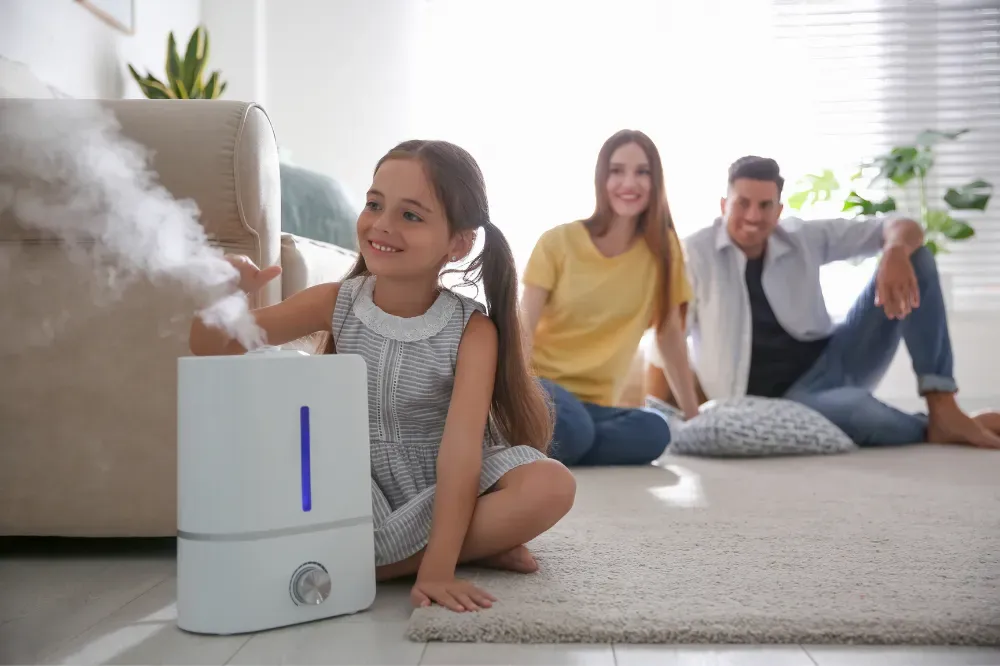
Air purifiers are designed to clean the air by removing various contaminants and harmful airborne chemicals. The most effective air purifiers often come equipped with a combination of filters, including HEPA (High-Efficiency Particulate Air) filters and activated carbon filters. HEPA filters are excellent at capturing airborne particles, such as dust, pollen, and pet dander, which can indirectly help with smells by removing the particulates that carry them. Activated carbon filters, on the other hand, are specifically designed to remove gases and odors from the air.
The Role of Activated Carbon Filters
Activated carbon filters are the key element when it comes to eliminating bad smells. These filters contain a form of carbon that has been processed to have many tiny pores, increasing its surface area. This makes it incredibly effective at trapping volatile organic compounds (VOCs), gases, and odors. When air passes through an activated carbon filter, the unwanted smells are absorbed, leaving the air smelling fresher.
HEPA Air Purifiers and Odor Control
HEPA air purifiers are renowned for their ability to capture airborne particles, including mold spores, pet dander, and dust. While they are not primarily intended for odor removal, they can indirectly contribute to reducing bad odors by removing the particles that carry them. However, for a high-quality air purifier to be most effective at odor control, it should be combined with additional filtration systems, such as activated carbon.
The Limitations of HEPA Filters for Smells
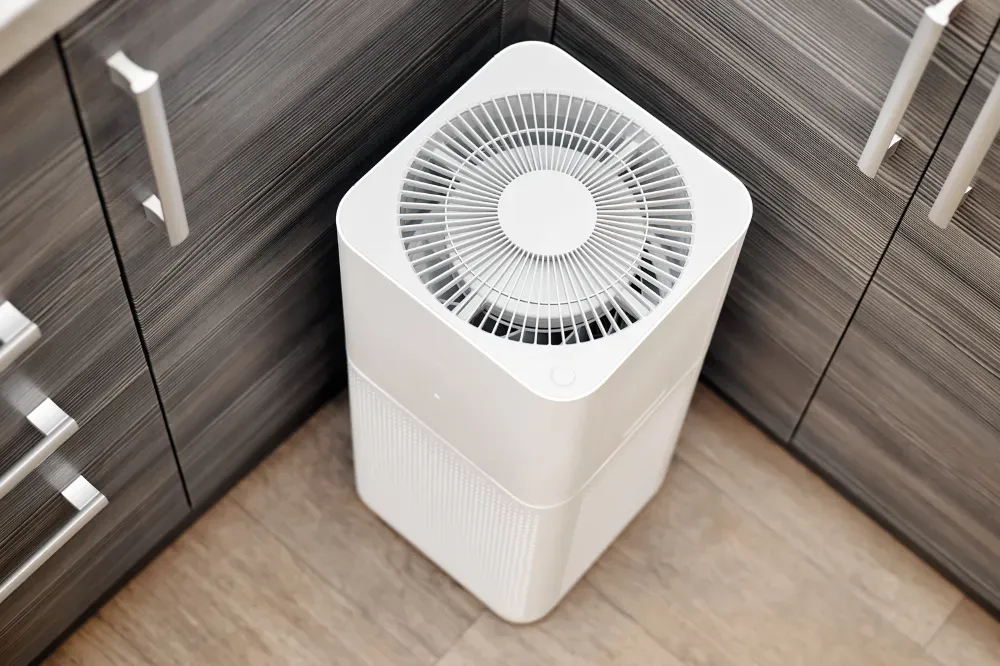
It's important to note that HEPA filters alone may not be sufficient to get rid of musty odors or strong cooking smells. These filters are excellent for capturing larger particles, but without the adsorptive power of carbon filtration, they may fall short in addressing the full spectrum of household odors.
Combating Pet Odors with Air Purifiers
Pet owners often struggle with lingering smells, from the cat's litter box to the dog's bed. The best air purifiers for pet odors combine HEPA filters to capture pet dander and activated charcoal filters to remove odors. This dual approach ensures that both the allergens and the unpleasant smells are addressed, leaving the indoor space fresher.
Cooking Odors and Air Purification
Cooking can leave behind strong smells that persist long after the meal is finished. Air purifiers with carbon filters are particularly effective at reducing these odors. By positioning a powerful air purifier in the kitchen or dining area, you can minimize the impact of strong cooking smells and maintain a more neutral indoor environment.
Tobacco Smoke and Air Cleaners
Tobacco smoke is not only a health hazard but also a source of foul odors that can permeate fabrics and surfaces. Air purifiers equipped with both HEPA and carbon filters can effectively trap the particles and neutralize the odors associated with cigarette smoke, making them an essential tool for smokers or those living with smokers.
Addressing Paint and Chemical Smells
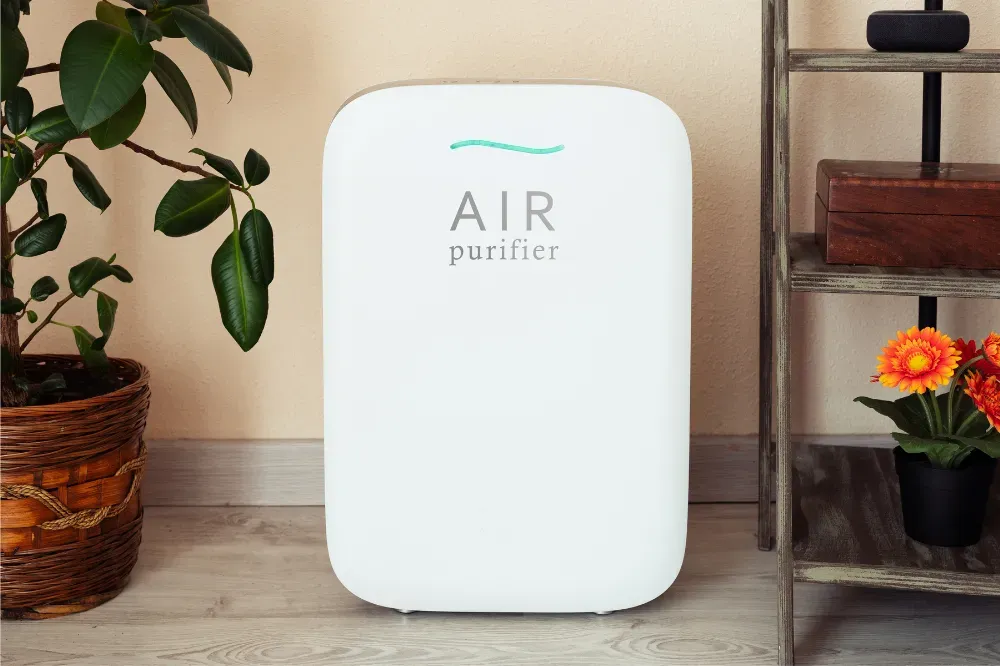
Freshly painted walls or the use of household cleaners can introduce a chemical smell into your home. Air purifiers with activated carbon filters are adept at capturing these chemical fumes and reducing the associated odors. For the best results, it's recommended to use an air purifier during and after the activity that introduces the chemical contaminants.
Addressing Mold and Musty Smells in Damp Areas
Mold and musty smells are often a result of moisture and poor ventilation. An air purifier can help by removing the airborne mold spores and the musty smell they carry. However, it's important to address the source of the moisture and improve ventilation to prevent mold growth in the first place. Air purifiers can provide additional support in keeping the air fresh and free of moldy odors.
The Impact of Proper Ventilation
While air purifiers are effective at removing odors, they work best in conjunction with proper ventilation. Ensuring that your home has adequate air circulation helps to disperse and dilute odor particles, making the air purifier's job easier and more effective.
The Impact of Air Purifiers on Allergies and Asthma
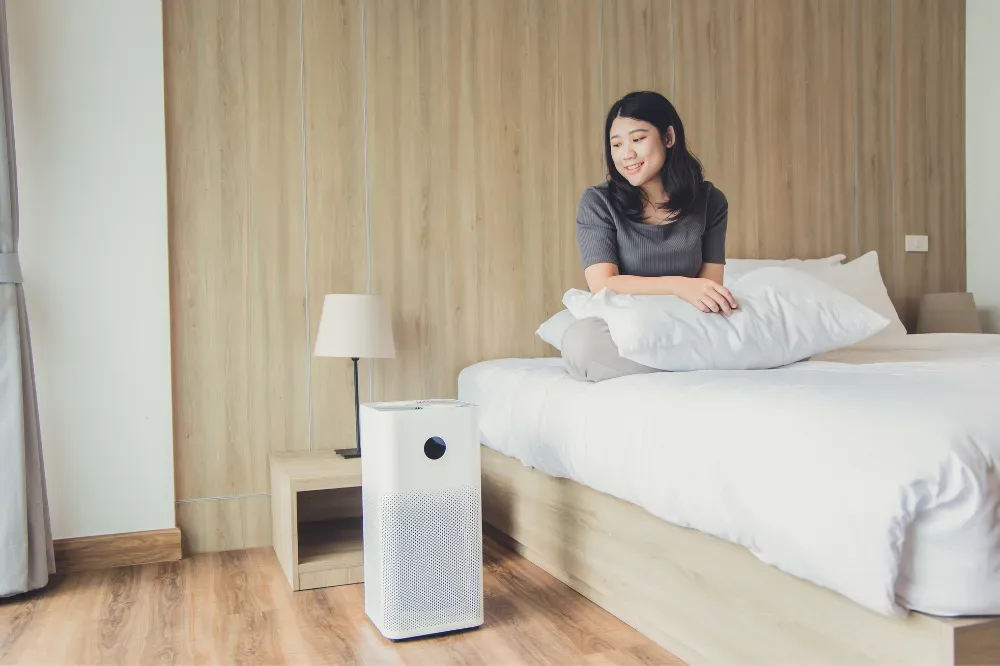
For people with allergies or asthma, odors can be more than just a nuisance—they can trigger symptoms and worsen their condition. Air purifiers can play a significant role in providing relief by removing allergens and airborne particles that carry odors. This can lead to a noticeable improvement in breathing and a reduction in allergy and asthma symptoms.
Choosing the Right Air Purifier for Your Needs
When selecting an air purifier, consider the size of the room and the specific odors you're looking to combat. For smaller rooms, a compact air purifier with a true HEPA filter and activated carbon may suffice. For larger spaces or more persistent odors, look for units with a higher Clean Air Delivery Rate (CADR) and advanced features like photoelectrochemical oxidation (PECO) technology.
Regular Maintenance for Continuous Odor Control
To ensure your air purifier continues to remove odors effectively, regular cleaning and filter changes are essential. Neglecting maintenance can lead to a decrease in efficiency and may even contribute to the problem by recirculating trapped odors back into the room.
Air Purifiers vs. Air Fresheners: What's the Difference?
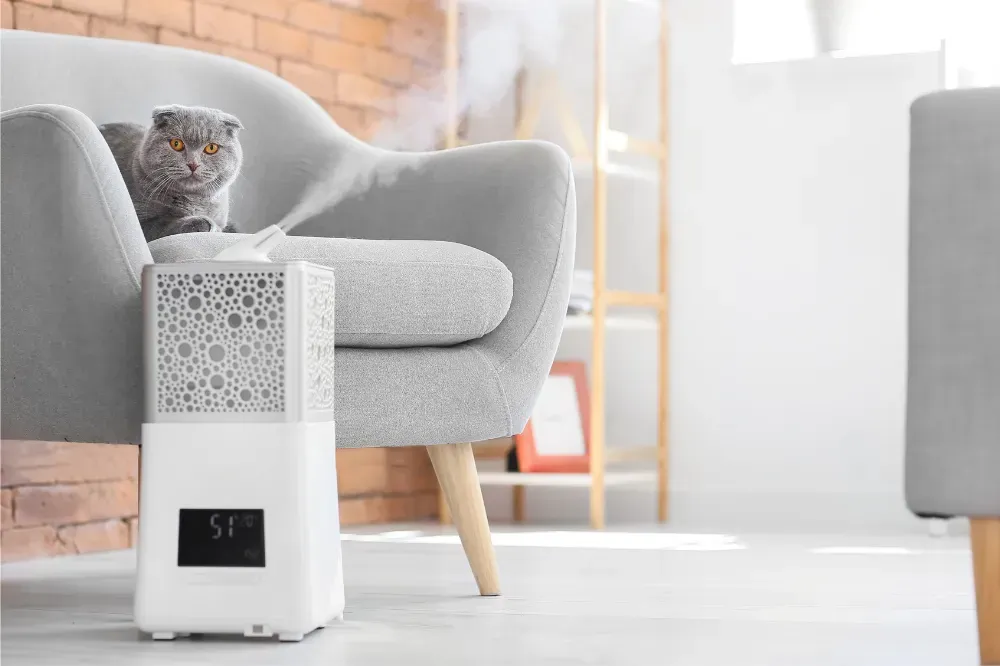
Air fresheners often mask odors rather than remove them, releasing chemicals into the air that can be harmful to breathe. In contrast, air purifiers work to actually clean the air by trapping and removing the particles and gases that cause bad smells. This results in a more permanent solution to odor problems without the potential health risks associated with air fresheners.
Placement and Maintenance: Ensuring Optimal Performance
Proper placement and regular maintenance are crucial for an air purifier to work effectively. The unit should be placed in an area with good airflow, away from walls and furniture. Regularly replacing the filters as recommended by the manufacturer is also essential to maintain the air purifier's effectiveness in odor removal.
The Verdict: Do Air Purifiers Help with Smell?
The answer is a resounding yes. Air purifiers equipped with activated carbon filters are highly effective at removing a wide range of odors from the air. By trapping the particles and gases that cause bad smells, they can significantly improve the scent of your indoor environment.
Summary
Air purifiers can be a valuable tool in the fight against indoor odors. By choosing the right type of air purifier with the appropriate filters and maintaining it properly, you can significantly reduce unpleasant smells in your home. Remember that while air purifiers are effective, they should be used in combination with good hygiene practices and proper ventilation for the best results.
FAQ Section
Q: Can air purifiers eliminate all types of odors? A: Air purifiers with activated carbon filters are very effective at removing a wide range of odors, but they may not eliminate all smells completely. Consistent use and proper maintenance can maximize their effectiveness.
Q: How often should I replace the filters in my air purifier to maintain odor control? A: The frequency of filter changes depends on the air purifier model and usage. Generally, a HEPA air filter should be replaced every 6 to 12 months, while activated carbon filters may require more frequent changes. Always refer to the manufacturer's guidelines for the best advice.
Q: Are air purifiers safe to use around pets and children? A: Yes, most air purifiers are safe to use around pets and children. However, avoid air purifiers that produce ozone, as ozone can be harmful to human health. Look for air purifiers with HEPA and activated carbon filters for safe and effective odor control.
Q: Is A HEPA air purifier worth it? A: Yes, a HEPA air purifier is worth it as they effectively filter out small particles, improving air quality especially for those with allergies or asthma. However, it's crucial to consider the room size and ongoing cost of replacing filters for optimal effectiveness.
